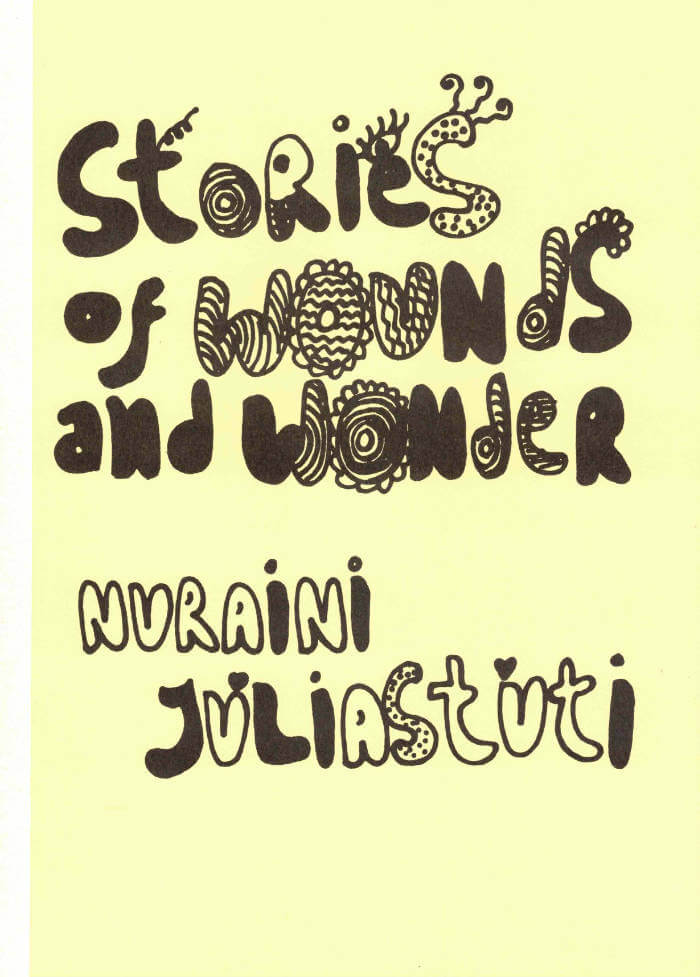
Matt Mullican’s Pure Projection Landscapes
Since the late 1970s Matt Mullican has developed a practice of performing under hypnosis that extends from his investigations into representation and subjective projection, and from his efforts to “enter the image” and embody a fictional character, a body of work that offers an exceptional perspective on repetition and renewal in performance practice.
This book is the outcome of an extensive research project into Mullican’s hypnosis performances, undertaken within the frame of If I Can’t Dance’s Performance in Residence programme with invited researcher Vanessa Desclaux, and a two-day Class of Masters with Mullican on character construction. Desclaux takes up the question of personification in light of her analysis of Mullican’s hypnosis performances. A selection of Mullican’s photographs and works on paper are reproduced in this book.







